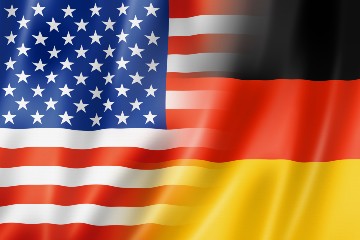At a meeting on March 17 2017 the US President Donald Trump advised German Chancellor Angela Merkel “We don’t want victory, we want fairness”. This was because the US President claimed that millions of Americans are “left behind” by “unfair” trade agreements and that “Negotiators for Germany have done far better than negotiators for the US".
Why do agreements get renegotiated? One common reason is that there becomes a fairness imbalance in the framework and actions that were
designed to maximise gains and minimise losses.
In the case of trade between the US and Europe, it would appear that the impacts of a lower euro, loss of manufacturing jobs and wage stagnation caused
the agreement to lose relevance and fail to deliver the US the anticipated benefits.
What can be done to improve renegotiations? A useful starting point is for both sides to acknowledge that those involved with the original agreement could not fully predict the impacts that any defects or future conditions might have. By holding this mindset it becomes easier to avoid retaliation and to have a collaborative approach to problem solving and the joint design of a new agreement.
Self-coaching tips
- Develop a set of principles that could apply to future agreements. For example, does it make sense to equally share gains or losses irrespective of
contributions, or to distribute gains and losses proportionally to contributions?
- Apply objective criteria, precedents, policies or standards, which might include legal considerations, industry indices, or religious and cultural norms.
- If you can’t agree on objective criteria or principles, seek out a respected third party. This can give valuable process guidance, help others to save face, and bring reflection and fresh thinking to challenge how the issues are being viewed.

